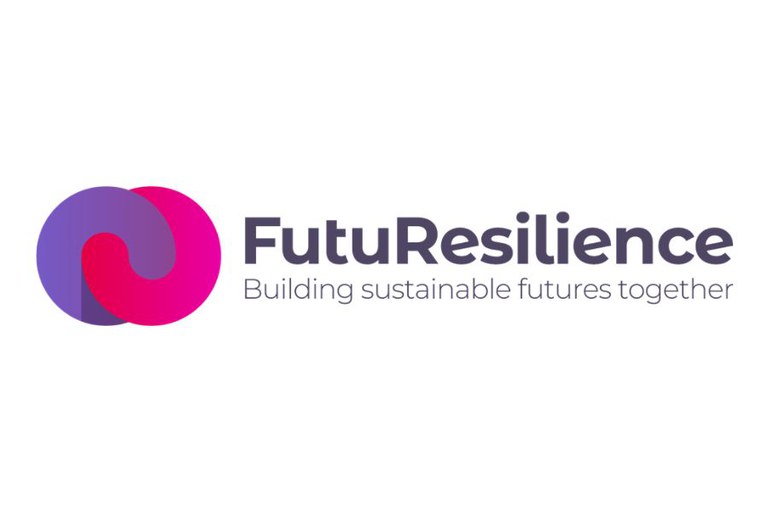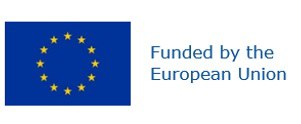FUTURESILIENCE - Creating FUTUre societal RESILIENCE through innovative, science-based co-creation labs
 The FUTURESILIENCE project aims to strengthen European economic and social resilience through an enhanced ability to quickly respond to future crises. This will be accomplished by facilitating the fast and effective use of policy relevant research and innovation (R&I) findings for actors at national, regional and local level. The project has four specific objectives:
The FUTURESILIENCE project aims to strengthen European economic and social resilience through an enhanced ability to quickly respond to future crises. This will be accomplished by facilitating the fast and effective use of policy relevant research and innovation (R&I) findings for actors at national, regional and local level. The project has four specific objectives:
1) Map existing policy relevant European R&I findings with high potential to inform policy making for economic and social resilience, and to help address societal challenges at local level
2) Define a set of methodologies for testing in how far the identified R&I findings can inform policies addressing national, regional and local needs
3) Implement the testing methodologies through multi-stakeholder experiments across Europe in co-creation with stakeholders from research, policy, economy, civil society organisations as well as citizens
4) Develop a Knowledge Base of the successfully tested research findings with high capacity to inform policy actors and a Toolbox of methods for testing policy relevant research findings
FUTURESILIENCE will set up 'Future Resilience Labs' to test policy relevant R&I findings through 10 pilot exercises: three pre-identified working on climate change, migration and the financial crisis and urban planning; and seven selected through an open call. During the experimentation, multiple stakeholders will discuss and test evidence-based strategies tailored to their specific context and matching their local needs, aiming at reducing vulnerabilities and increasing capacities to be prepared for multiple types of possible crisis.
The project will be implemented by a robust consortium with know-how in the fields of resilience, R&I policy and crisis management as well as experience with various co-creation and participative methodologies and specifically hands-on experience with foresight, scenario planning, virtual simulation and agent-based modelling.
Project details
Scientific responsability: Francesco Nicolli
Funding source: HORIZON EUROPE
Call: HORIZON-WIDERA-2022-ERA-01
Start date 01/01/2023 - end date 31/12/2025
Total cost: 2.889.406,25 €
EU contribution: 2.889.406,25 €
EU contribution to UniFe: 214.937,50 €
Participants
- European Future Innovation System Centre, Belgium - Coordinator
- Fraunhofer Gesellschaft zur Forderung der Angewandten Forschung Ev, Germany
- Universita degli Studi di Ferrara
- Universiteit Maastricht, Netherlands
- Institutet for Fremtidsforskning Forening, Denmark
- Universidad Politecnica de Cartagena, Spain
- Erevnitiko Panepistimiako Institouto Periferiakis Anaptixis Panteiou Panepistimiou, Greece
- Chancellery of the Riigikogu (Foresight Centre), Estonia
- Ntnu Samfunnsforskning As, Norway
- Bulgarian Association for Personalized Medicine, Bulgaria
- Municipality of Chios, Greece
- Ayuntamiento de Murcia, Spain
- Mittuniversitetet, Sweden
- Universita' degli Studi di Urbino Carlo Bo, Italy

